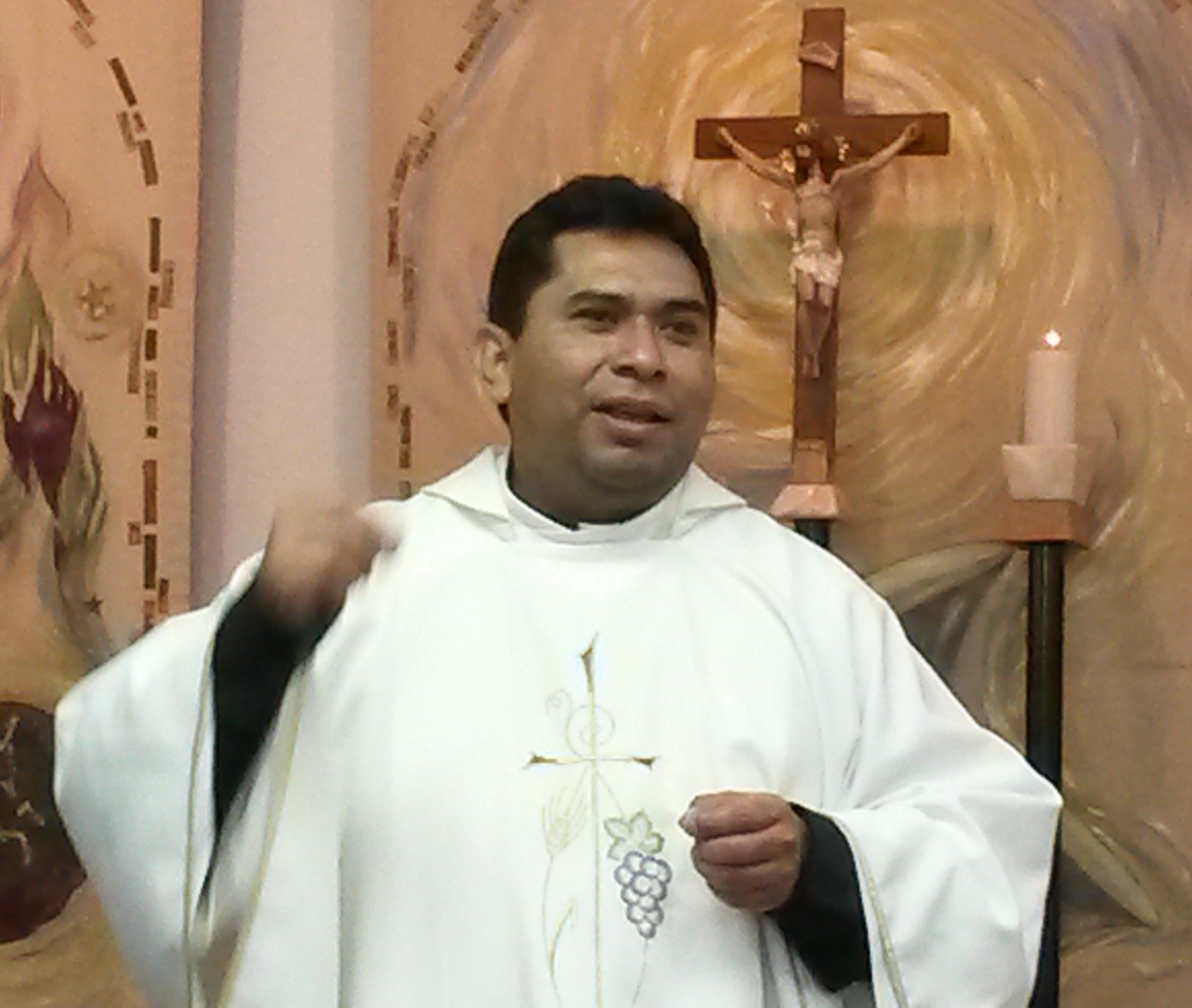 PALM SUNDAY
PALM SUNDAY
By our Pastor, Fr. Carmelo Jiménez
We are at the beginning of the greatest Christian celebration: Easter. On Palm Sunday the readings are concentrated on two main aspects in very expressive way, although opposed to each other, united in one person, Christ. On the triumph and failure, on applause and suffering, and on the death and glory of Jesus.
On this Palm Sunday we read the Passion of the Lord according to St. Luke, as befits the liturgical year. It is a narrative that has been preceded by the importance that Jesus taught his disciples to go to Jerusalem, because a prophet can’t die outside of Jerusalem. (Luke 13:33) Jerusalem is the holy city where all the important things of the Jewish religion were decided and where the great temple stood as a witness.
Saint Luke tries to explain not only why Jesus was killed, but also expresses the meaning behind the fact that Jesus himself gave his own life, as in the story of the Last Supper with his disciples. Luke gives us the liturgical tradition of the Eucharistic words in that dinner – the Last Supper – but also presents the words of Jesus about service, and that he considers that his death is “necessary” for the Kingdom of God to be a reality and to be effective. Thus the Last Supper of Jesus is more personal, more testimonial: service and offering, as Jesus will do for all his people.
The most specific part of Saint Luke’s account of the Last Supper is that he mentions one more chalice than the other two Synoptic gospels, before the words of blessing cup. Also he adds the words “for you”, Mark says nothing, while Matthew says “for many “and also Luke changed to “New covenant” instead of simply “covenant” like the others two Synoptics say.
At his trial the silence of Jesus becomes his words. It is a silence of radicalism against the evil deeds of the powerful people. The powerful tease him, but the humble ones, such as the women, accompany him to the place where the mystery of our salvation and redemption is revealed. And around the cross only the humble ones remain: the women and one disciple. In them were fulfilled Jesus’ words that he thanks God because he has revealed his saving plan to the meek and humble people.
The scene of the crucifixion and death in Luke is so human and that is a reason for Jesus’ words: “Father, into your hands I commend my spirit” (Luke 23:46.). Also, Saint Luke considers other words which show more confidence in his first prayer on the cross: “Father, forgive them, for they know not what they do” (Luke 23:34). Also, it emphasizes the dialogue between Jesus and the good thief, which means that Jesus is always open to Divine Mercy. So Luke is the evangelist of mercy. In addition, Saint Luke proposes “today’s” salvation which is very decisive in Luke: “today you will be with me in paradise”. Those words have immediate eschatological sense and show that God’s salvation is not waiting for the end of the world. In the instant of death we will be in the saving hands of God.
The Passion of Christ is not a tragedy, but it was the event that gave history the strength necessary to carry out the salvation project of all men. As the humble ones, let us go to the cross to find mercy. Trusting in Jesus Christ, as did the good thief, let us rob the glory for ourselves.